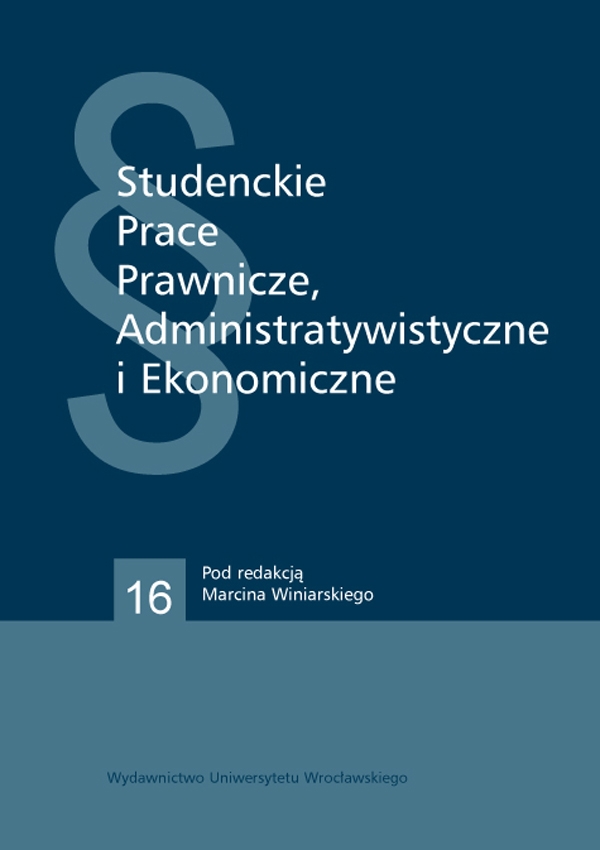

Artykuły

The concept of freedom in the thought of Augustyn Wróblewski
The thought of Augustyn Wróblewski, a representative of ethical anarchism who saw the key-factors of the social, political and economic changes in the ethical ground, is a perfect example of the diversity of the Polish anarchist thought. The idea of a system in which “all-human love” would be realized, must be identified as a central element of Wróblewski’s social and political thought. According to the thinker, such a system could not come into being without the previous realization of the principles of entire freedom and equality. In the thought of Augustyn Wróblewski, there is comprehensive, homogeneous definition of freedom. The element of freedom appears in the writings of Wróblewski always in connection with the description of the most elementary human needs and the characteristics of the ideal anarchist society.
Augustyn Wróblewski strongly stressed the relationship between the reduction of freedom, usually carried out by the state apparatus, and the ongoing process of moral decay of all mankind. The fulfillment of freedom of individuals in the mental and social dimension was seen by Wróblewski as a necessary condition for total moral renewal. Wróblewski perceived moral renewal as the foundation of a new perfect anarchist system, giving each man unlimited possibilities of development.
On the realm of Wróblewski’s thought, an individual should primarily be characterized by virtues of freedom, equality, power and development, to be capable for playing an important role in the future society. These virtues form together the ideal of the virtue of all-human love. That form of love constitutes, in turn, the foundation of the ideal system.